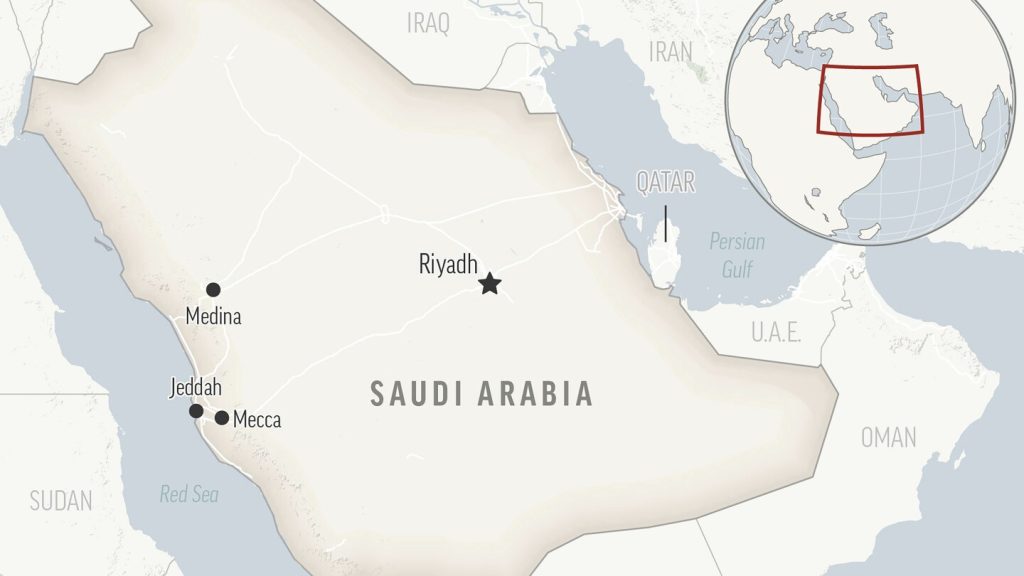President Joe Biden’s national security adviser met with Saudi Arabia’s Crown Prince Mohammed bin Salman to discuss a wide-ranging security agreement between the two countries. The deal, which was described as in its “semi-final” version, was upended after Hamas’ attack on Israel, resulting in a significant number of casualties and hostages. The strategic agreement had included Saudi Arabia diplomatically recognizing Israel for the first time since its founding in 1948. The meeting took place in Dhahran, Saudi Arabia, but no images were released to the public.
The discussions between the two parties focused on finding a credible path towards resolving the Palestinian issue, including a two-state solution that meets the aspirations and legitimate rights of the Palestinian people. Saudi Arabia has long advocated for an independent Palestinian state with east Jerusalem as its capital, but this may conflict with Israeli Prime Minister Benjamin Netanyahu’s government, which opposes a two-state solution. The White House confirmed Sullivan’s trip and his upcoming meeting with Netanyahu in Israel to discuss the ongoing war in Gaza and efforts to achieve lasting peace and security in the region.
Saudi Arabia, along with other Gulf Arab nations, relies on the U.S. as a security guarantor for the Middle East, especially in light of tensions surrounding Iran’s nuclear program. The proposed agreement being discussed includes access to advanced weapons, trade deals, and nuclear cooperation. There is concern among nonproliferation experts over the possibility of Saudi Arabia enriching uranium, as it could lead to a weapons program. Saudi Crown Prince Mohammed has previously stated that the kingdom would pursue a nuclear weapon if Iran possessed one, and Iran has also been making threats in recent weeks.
In a separate development, Iran confirmed that it held indirect talks with U.S. officials in Oman last week, describing the negotiations as “an ongoing process.” Oman has previously been a site for U.S.-Iran talks, even amidst tensions between the two nations. This indicates a potential diplomatic opening between Iran and the U.S., which could have implications for the wider Middle East region. The talks come as Iran has been increasingly assertive about its nuclear capabilities and potential weapons program, prompting concerns among regional and international stakeholders.
The evolving dynamics in the Middle East, including the ongoing conflicts in Gaza and Iran’s nuclear ambitions, are shaping regional security discussions. The diplomatic engagements between the U.S., Saudi Arabia, and Iran indicate potential shifts in alliances and security arrangements in the region. The outcome of these talks could have far-reaching consequences for peace and stability in the Middle East, as well as implications for global security. As key players navigate these complex geopolitical challenges, finding a balance between security interests and diplomatic solutions will be crucial to averting further conflict and promoting peace in the region.


